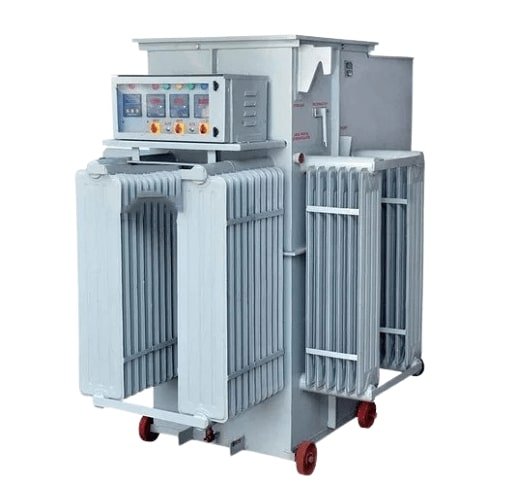24 hours online support our customer.replacing a multi-lined selection of text.
A linear servo stabilizer is a type of voltage stabilizer that employs linear technology to regulate and maintain a consistent output voltage level, even when the input voltage fluctuates. This device is commonly used to protect sensitive electronic equipment and appliances from potential damage caused by voltage variations.
The linear servo stabilizer operates by utilizing a servo motor-driven mechanism that adjusts the voltage output in real-time based on changes in the input voltage. When the input voltage increases or decreases, the servo motor responds by either reducing or boosting the output voltage to maintain a stable and predetermined level.
One of the key advantages of a linear servo stabilizer is its ability to provide precise and accurate voltage regulation, resulting in a clean and stable power supply to connected devices. This can help extend the lifespan of electronic equipment and prevent malfunctions or data loss due to voltage fluctuations.
Additionally, linear servo stabilizers are generally quieter in operation and produce less electromagnetic interference compared to some other types of voltage stabilizers that use non-linear technology.

